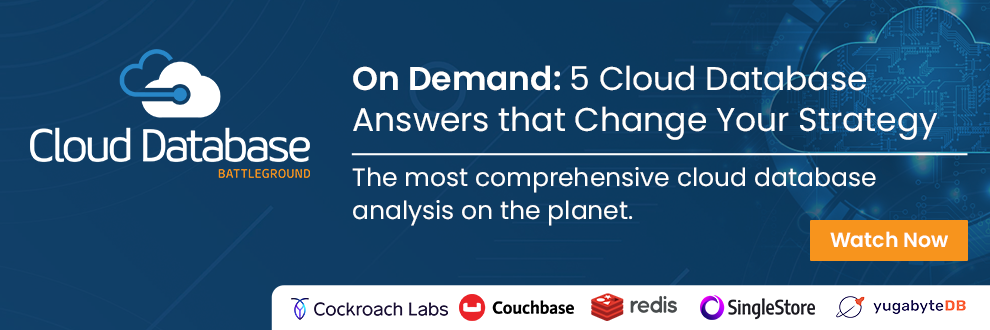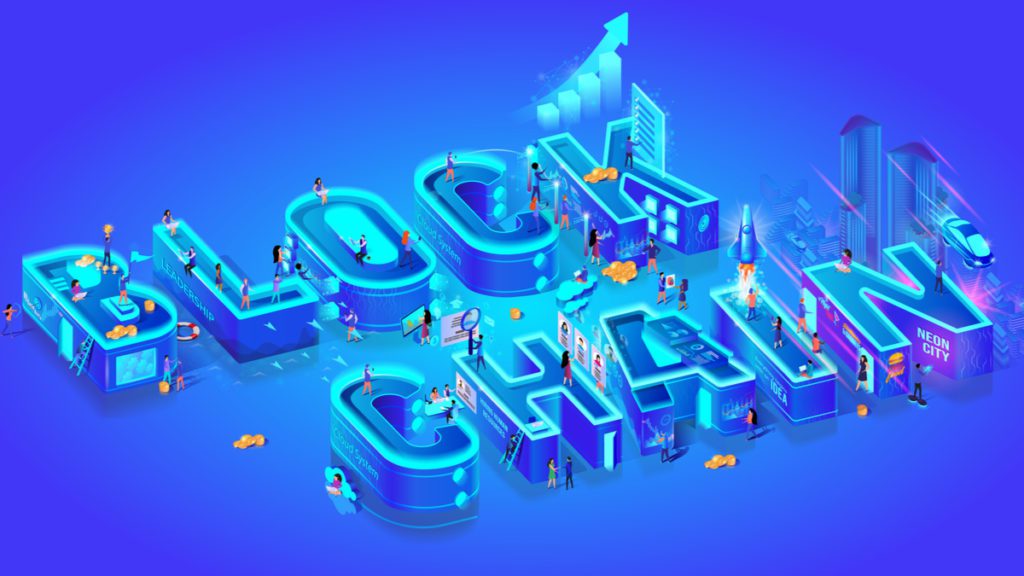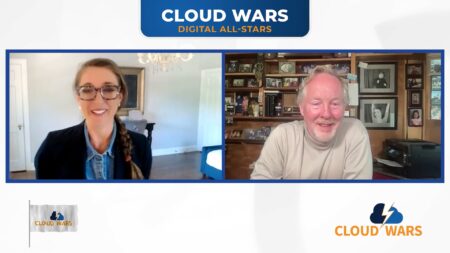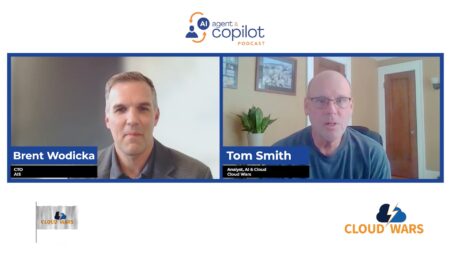
Blockchain is surging in interest. Gartner predicts that by 2030, blockchain will deliver $3.1 trillion in value. Undoubtedly, there is an incoming wave of blockchain projects within the metaverse, cryptocurrency, Web3, and NFT spheres. However, many other opportunities still exist for blockchain projects, especially in traditional areas such as supply chain management, government, manufacturing, and travel, all of which offer a demonstrable value proposition concerning blockchain adoption.
Blockchain development does come with a warning, one that illustrates that blockchain applications are known to be challenging to develop as they require some nuanced skills. Analysts also predict that by 2023, 90% of present-day blockchain applications will suffer from fatigue — a sign that blockchain applications not only take a toll to create but will be challenging to maintain for the long run. That situation does not bode well for the fledgling metaverse or any other sector that will rely on blockchains.
There are many roadblocks to blockchain-based application development. Those roadblocks only add to the existing high barrier, which ultimately leave small and mid-sized companies that lack the proper resources out of the loop. So, how can we democratize blockchain development for more teams? Below, we’ll review some common hang-ups and consider solutions that could unlock blockchain development for more use cases. These points will be interesting to follow as more and more companies, at various stages of digital transformation, look to adopt blockchain in some form or another.
Roadblocks to Blockchain-Based Development
Where it stands now, blockchain presents a significant development burden. For example, it’s relatively difficult to develop a future-proof architecture on top of Ethereum, the popular public distributed blockchain network since all code written to the network is immutable. Working with immutable smart contracts presents obstacles when trying to debug applications and apply test-driven development. Ethereum also presents scalability issues, as it can only handle around 30 transactions per second. Organizations may then seek to develop their own blockchain from scratch, posing other potential challenges.
As anyone with an eye on the crypto market will tell you — there are countless blockchain projects, frameworks, and libraries emerging daily. This makes researching and selecting the proper tools for your project incredibly confusing. Furthermore, with so much volatility in the space, it can be difficult to hedge bets on which blockchain to use. These projects are mainly open and community-driven, carrying a degree of risk as any open-source project does.
Another issue facing blockchain development is that programmers with relevant experience are in ultra-high demand. Blockchain development inherently requires a specialized skill set, and implementation will hit a wall without the appropriate talent. Blockchain also requires some finessing to connect with off-chain computations and persistent data storage, requiring further expertise or tooling.
Lastly, there’s the business side. Blockchain must demonstrate tangible business value—yet, to date, executives don’t have many concrete profitable success stories to justify its use. Blockchain adoption must complement existing business models, especially within enterprise use cases, as large corporations aren’t likely to reinvent their entire model around blockchain. This is partially why startups may have a one-up here—“it’s much more realistic that an entirely new startup adopts blockchain and structures their entire business around blockchain,” said blockchain and cryptocurrency entrepreneur Max Kordek.
Solutions to Make Blockchain More Accessible
Making the blockchain development process more accessible will be necessary to cater to the rising interest. So, how can the industry accomplish this?
The first, most obvious answer is to abstract complexity with developer-friendly tools. Solidity, for example, is a high-level language for generating smart contracts. Other open-source software development kits such as Cosmos, Polkadot, and Lisk can enable programmers to build out blockchains in the language they’re comfortable with, thus easing the blockchain creation process. There are also plenty of integrated development environments and plugins to generate your smart contracts.
Another way to empower more blockchain development is through low-code options. Low-code/no-code tools provide a UI-based plug-and-play environment driven by reusable components. Uniting blockchain and low-code could bring productive outcomes — it’s something that Appian is trying to deliver, and a proof-of-concept was also created using ServiceNow. Low-code abilities could help fill the talent gap to usher in more enterprise-grade decentralized applications.
Furthermore, the industry will require increased interoperability. This will entail a greater prevalence of frameworks that provide multi-blockchain support. In addition, blockchains will have to grapple with how they communicate with off-chain data and functionality. One standard gaining mindshare is the API3 Initiative’s Airnode, a common layer for connecting the disparate worlds of web APIs and smart contracts.
Bringing Developer Experience to Blockchain
Decentralized applications are the future of software development, and blockchain is set to be the foundation of these new offerings. To support this new wave, a greater degree of knowledge sharing and training is necessary to democratize blockchain’s fundamental concepts. But, it will be imperative to increase developer usability when it comes to constructing blockchain-based projects.
Eventually, project timelines for blockchain projects will likely be accelerated with more and more usable, low-code abstraction layers that lower the bar to entry. Their support and maintenance must become easier too — to support this new paradigm, pundits say that future blockchain development will benefit from a greater emphasis on DevOps.
As with any new technology, the user experience must be nurtured. Similarly, by nurturing the developer experience surrounding blockchain, this exciting space can propel new blockchain ventures from pure ideas into actively used creations.







